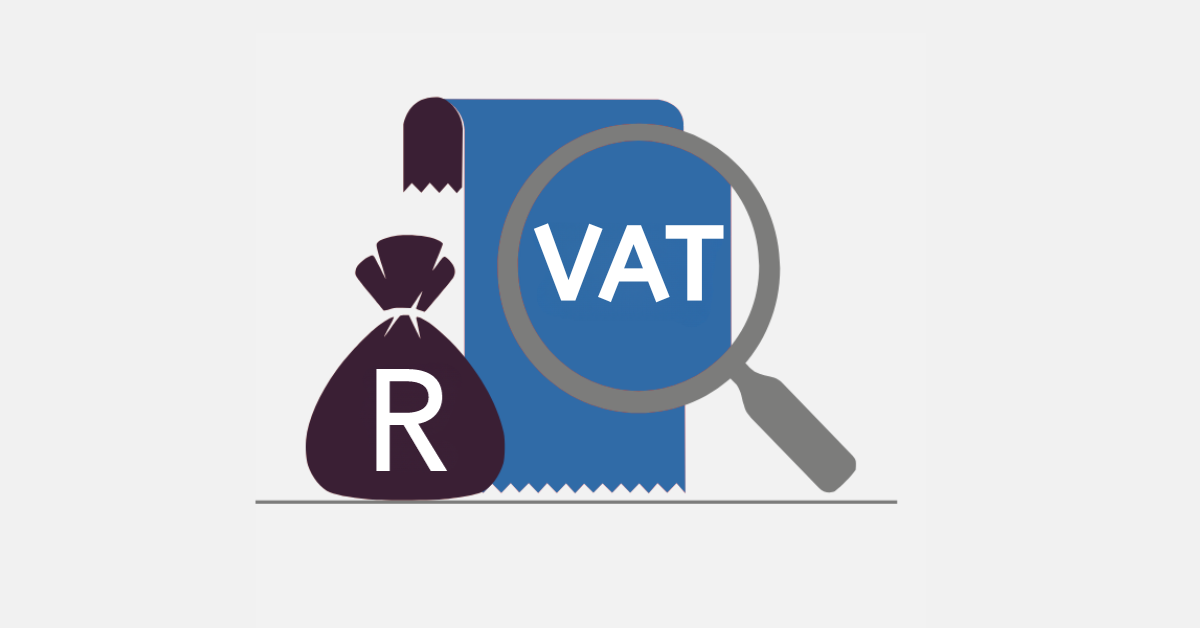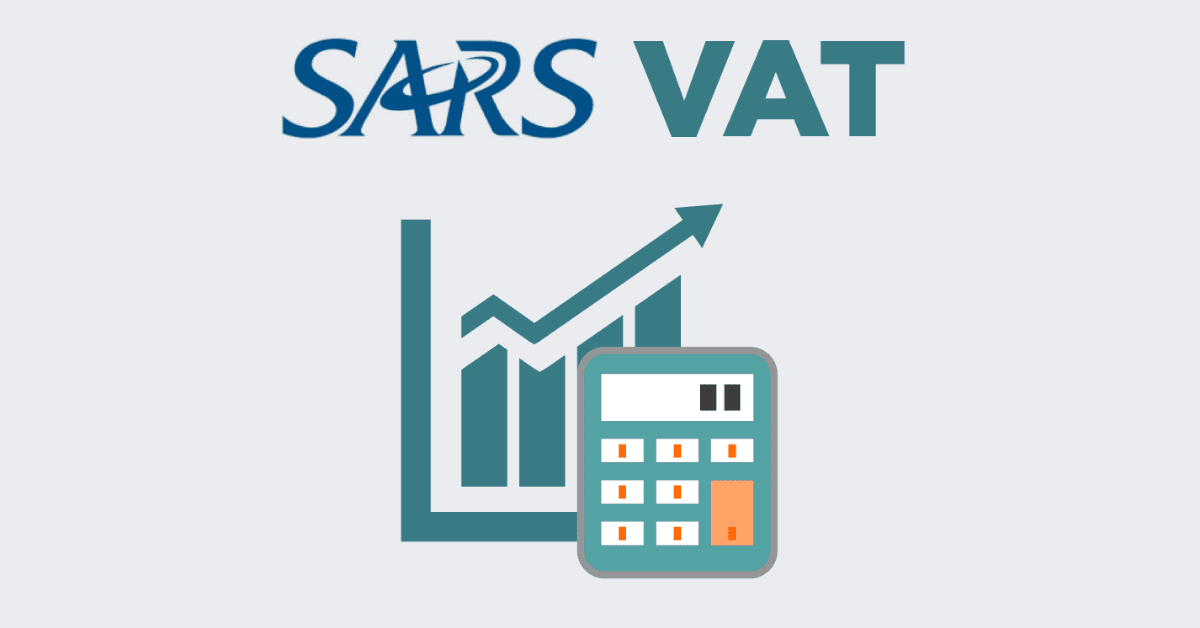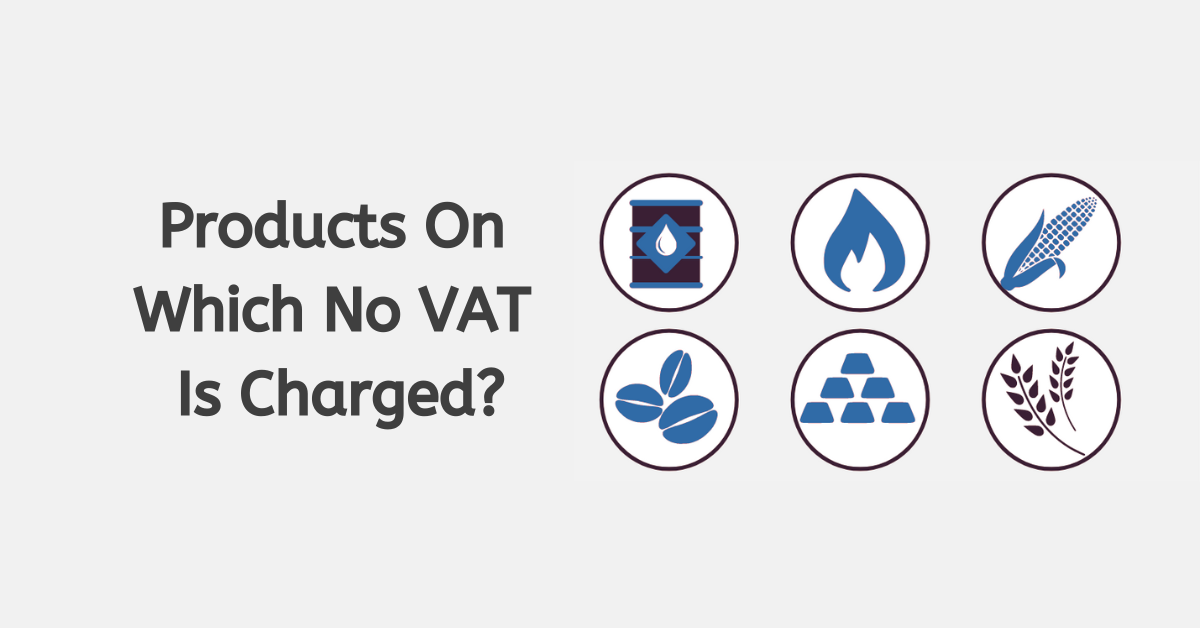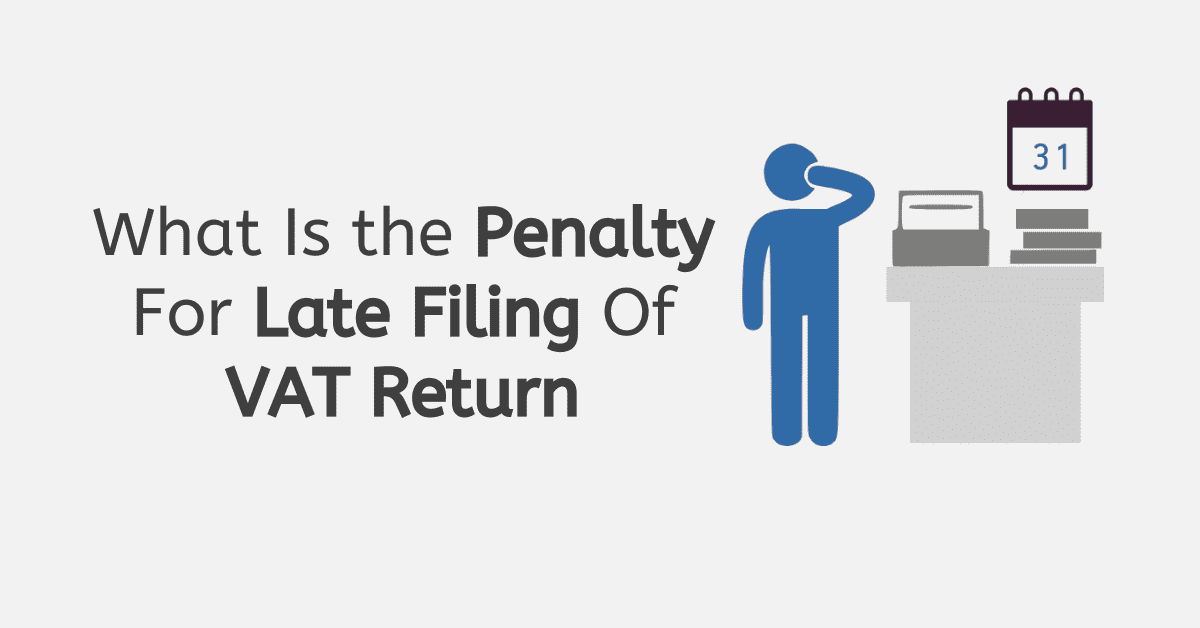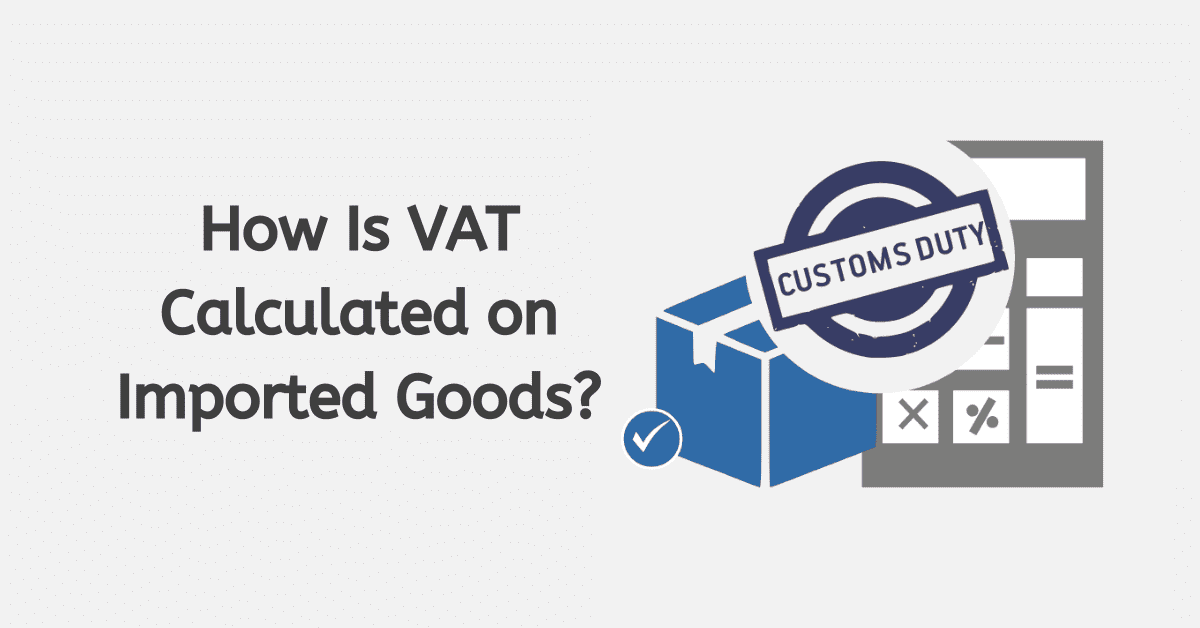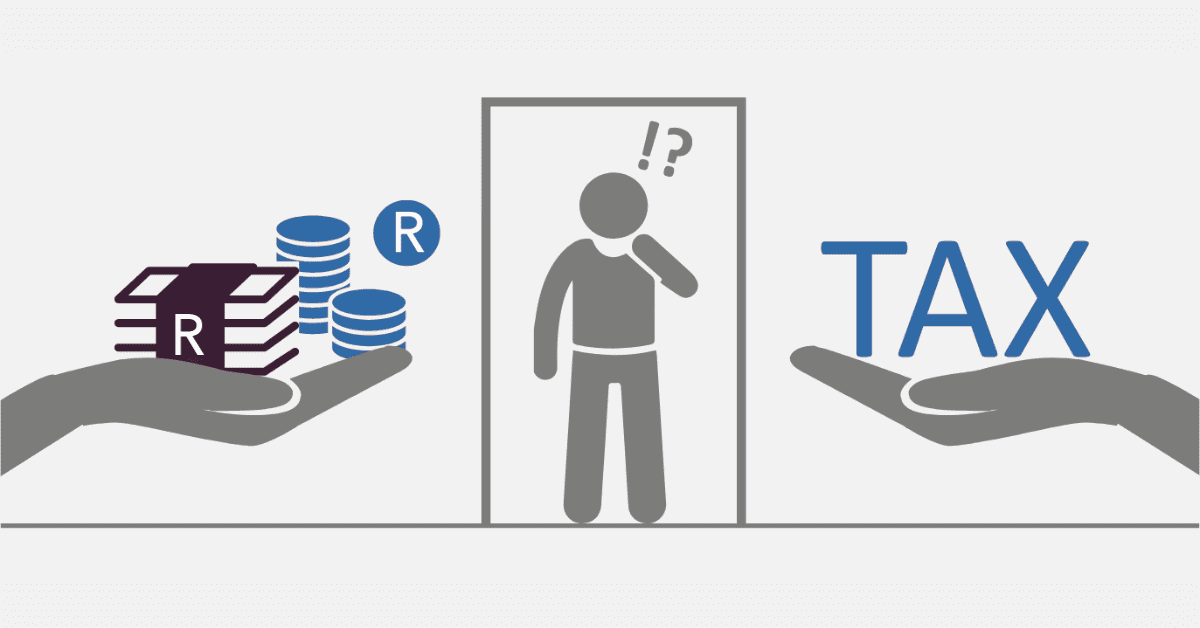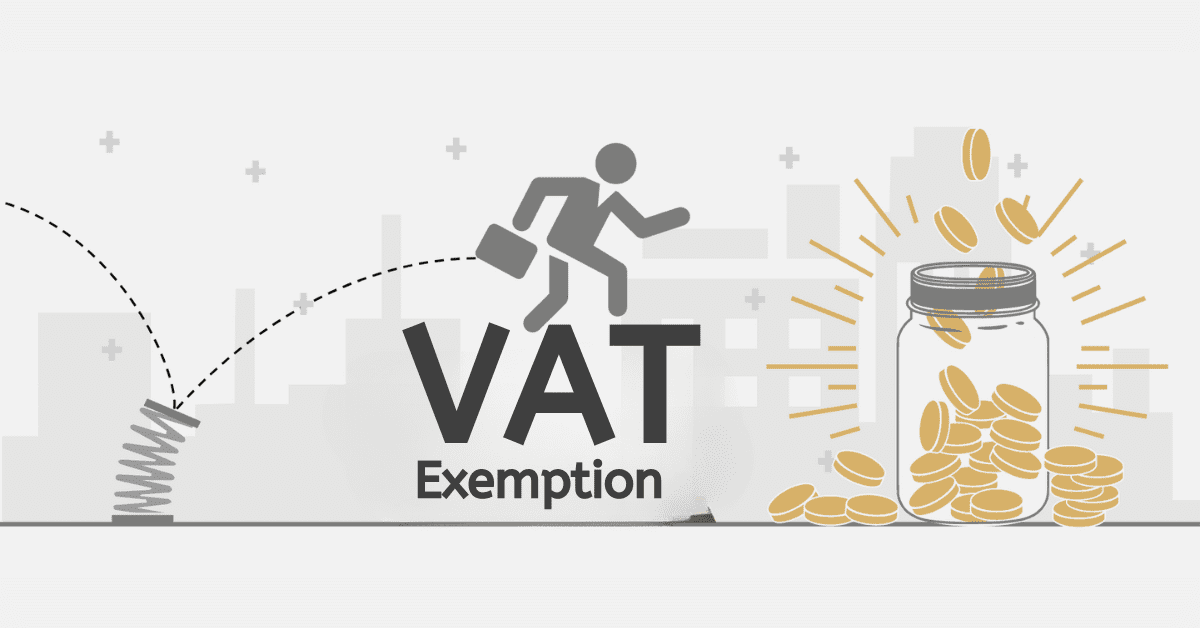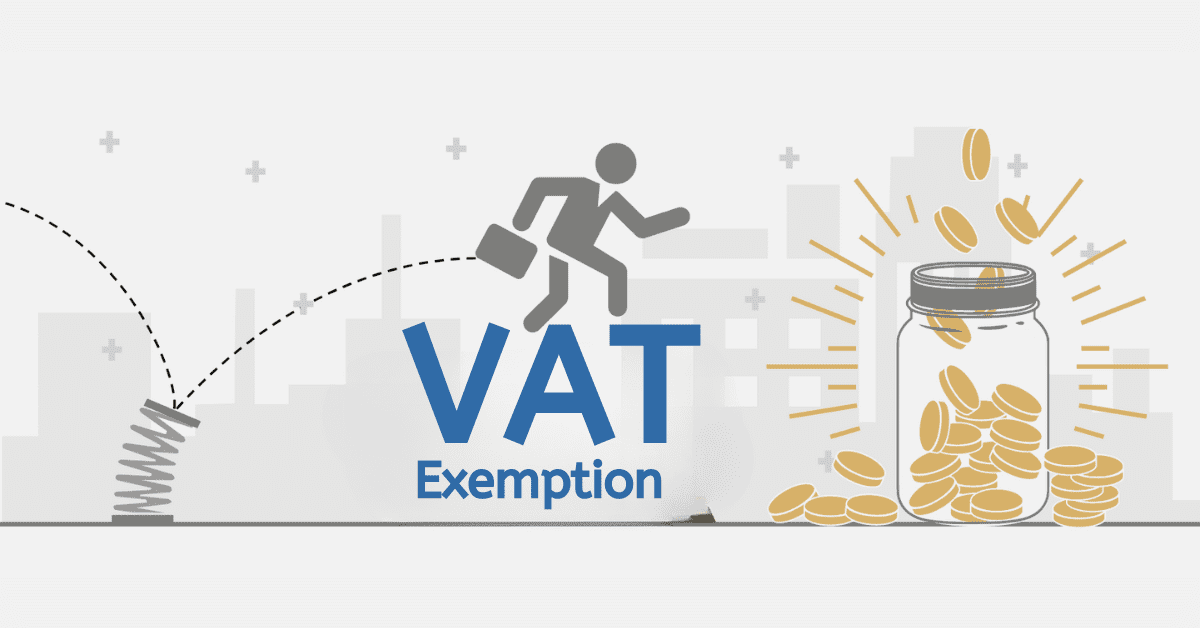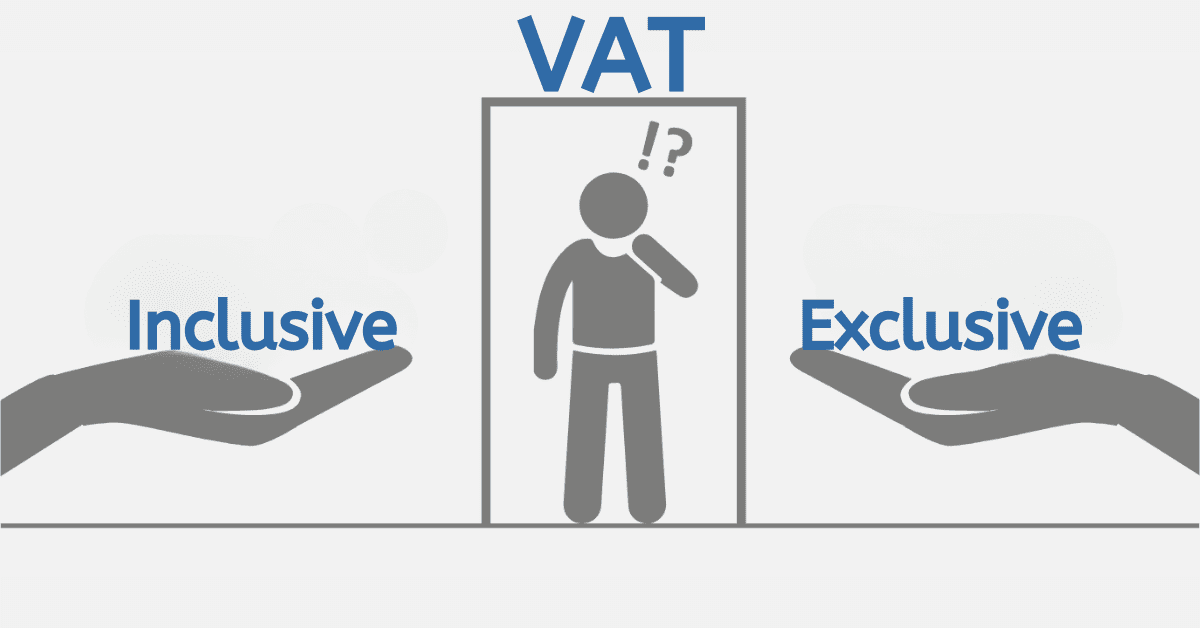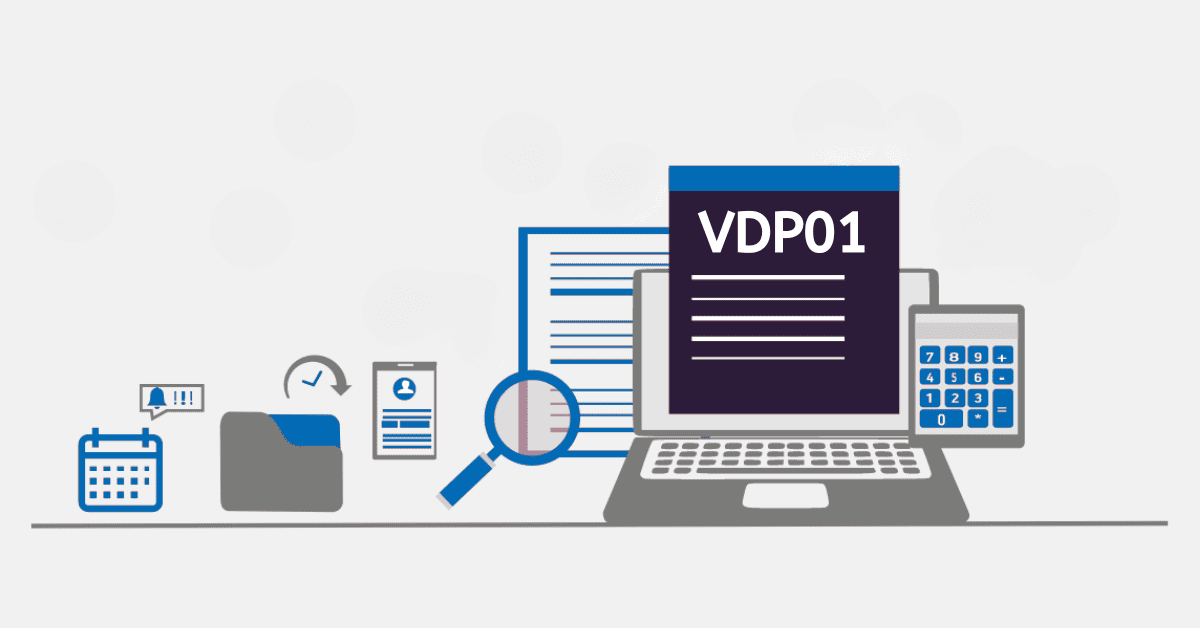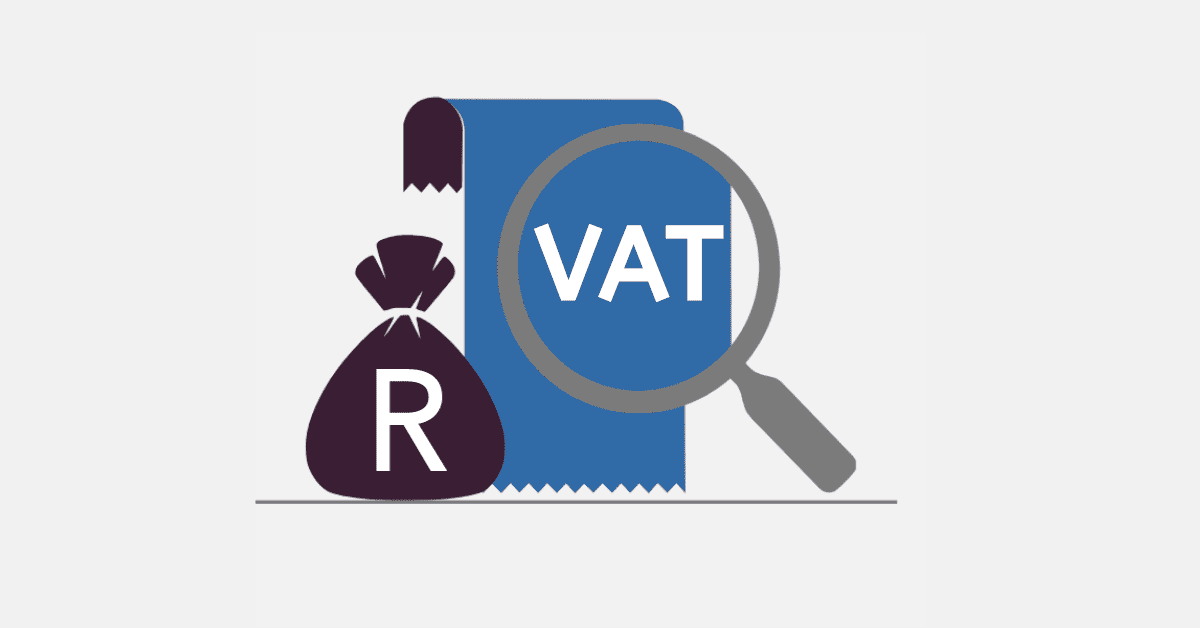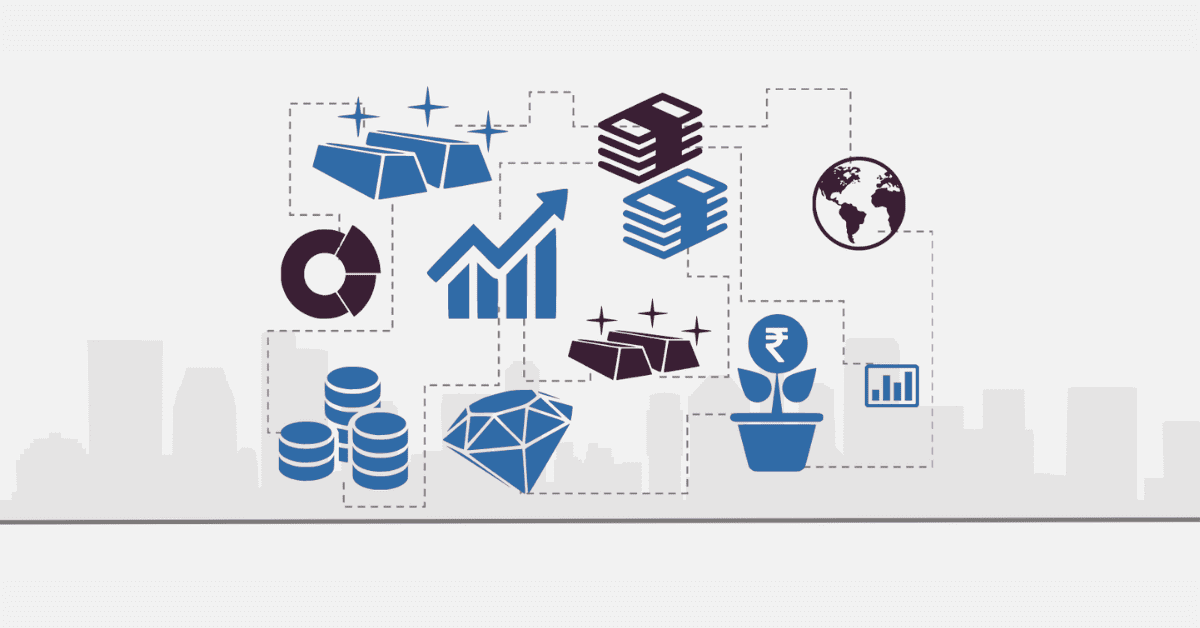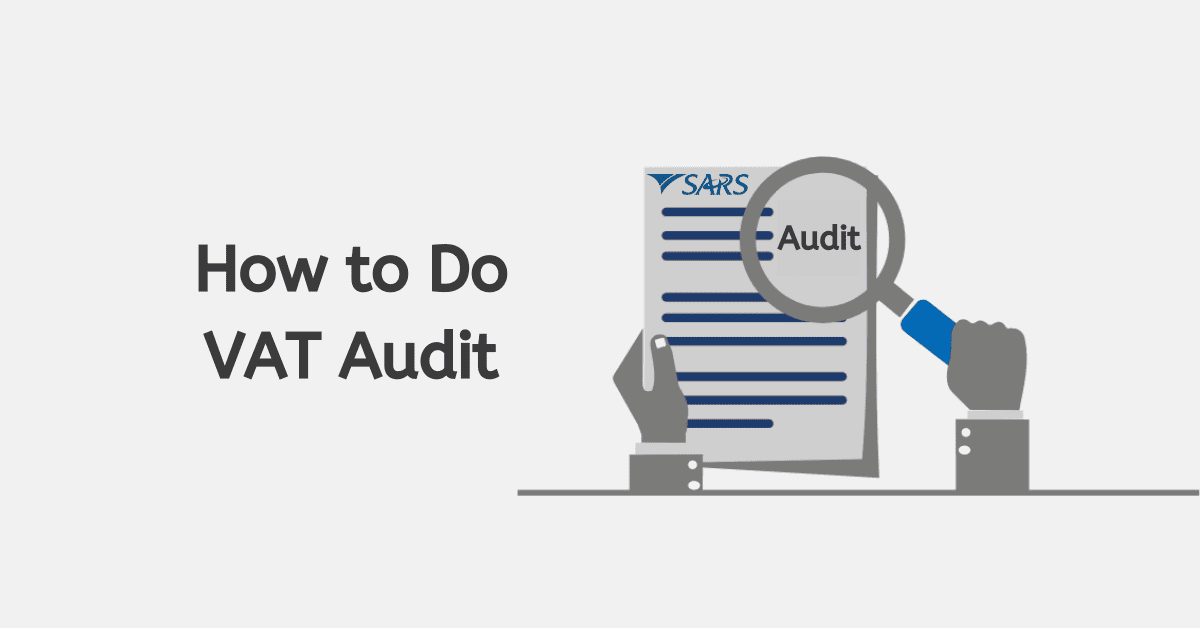Applying to submit a monthly VAT return in South Africa is only necessary if you are a particularly large business, making over R30,000,000 in a consecutive 12-month period. This is done to make the admin and processing of such high VAT volumes easier on both you and SARS. Most other concerns (with some exceptions that have even longer periods) will file their VAT return every 2 months. Regardless of which VAT return
How To Apply For Monthly VAT Returns
You do not apply for a specific VAT return period in South Africa. Instead, you will simply apply to SARS to be registered as a VAT vendor via the VAT101 form on eFiling. Once you are registered for VAT with SARS, you will be assigned to the submission period that best matches your business type, size, and turnover. For the vast majority of companies, this will require you to submit a return every 2 months (called bi-monthly, but that terminology confuses some people with its ambiguity). The only companies that have to provide a VAT return every month in South Africa are those making over R30,000,000 in annual taxable turnover.
When Must VAT Returns Be Submitted Monthly?
Only a very specific type of high-volume business needs to submit VAT returns monthly in South Africa. These are companies that earn more than R30,000,000 taxable turnover in a 12-month period. Some other types of companies have an unusual submission cycle. Some types of farming businesses can submit either 4-monthly or 6-monthly VAT returns, provided their taxable turnover is below R1,500,000, and there is a special 4-monthly period open to very small businesses in the voluntary category, too. There is also a special annual return used by administrative trusts and property leasing groups. For everyone else, whether they are compulsory or voluntary registrations, you will submit a VAT return bi-monthly, i.e. every 2 months.
When you register for VAT in South Africa as a standard business, you will be assigned to group A or B. This changes nothing about the overall VAT return process; it just determines if you submit your returns on an odd or even cycle. In other words, whether your returns will be due in February, April, June, August, October, and December or if your returns are due in the other months of the year. This will be clearly stated to you by SARS when you register, so there should be no confusion.
How Frequently Must I Submit A VAT Return?
You must submit your VAT201 returns on a two-month cycle if you do not fall into one of the unusual business types (high-volume, farming, very small business, or trusts and property leasing) we mentioned above. The return must be submitted on or before the 25th of the month following the end of the 2-month period it covers. The same submission rule covers the other frequency types, just focusing on the specific period that applies to your business.
What Happens If I Don’t Submit My VAT Return On Time?
If you do not submit your VAT return in time, you will earn a 10% administration penalty immediately. Additionally, your account will continue to accrue late payment charges and interest until it is brought up to date. This is done to ensure companies make a proper effort to keep tax compliant across all their tax types.
What Documents Are Needed For A VAT Return?
You will not need to submit supporting documents with every VAT return you process. There will be some standard documents needed from you when you first register for VAT, however. These include your businesses’ CIPC registration documents, the ID of the person allowed to file this tax type for you, and proof of your bank account and business address.
Of course, this doesn’t mean you can proceed without any verifiable proof of the claims you are making! You should have clear, properly accounted-for evidence of every VAT input and output you are claiming to back up the amounts you are entering on your VAT return. However, you will only be asked to provide these for certain periods if you are selected for an audit or mandatory verification of that specific period. It is critically important to keep all your tax records, VAT included, up to date and accurate for these cases.
How Do I Submit VAT Returns In South Africa?
The easiest way to submit your VAT return in South Africa is online via the SARS eFiling portal. Here, you can request, fill in, and submit your VAT201 form electronically, making for a speedy and easy filing process.
Applying for VAT returns in South Africa is surprisingly easy, whether you are a large enough company to need monthly VAT returns or fall into the standard 2-month VAT return cycle.

